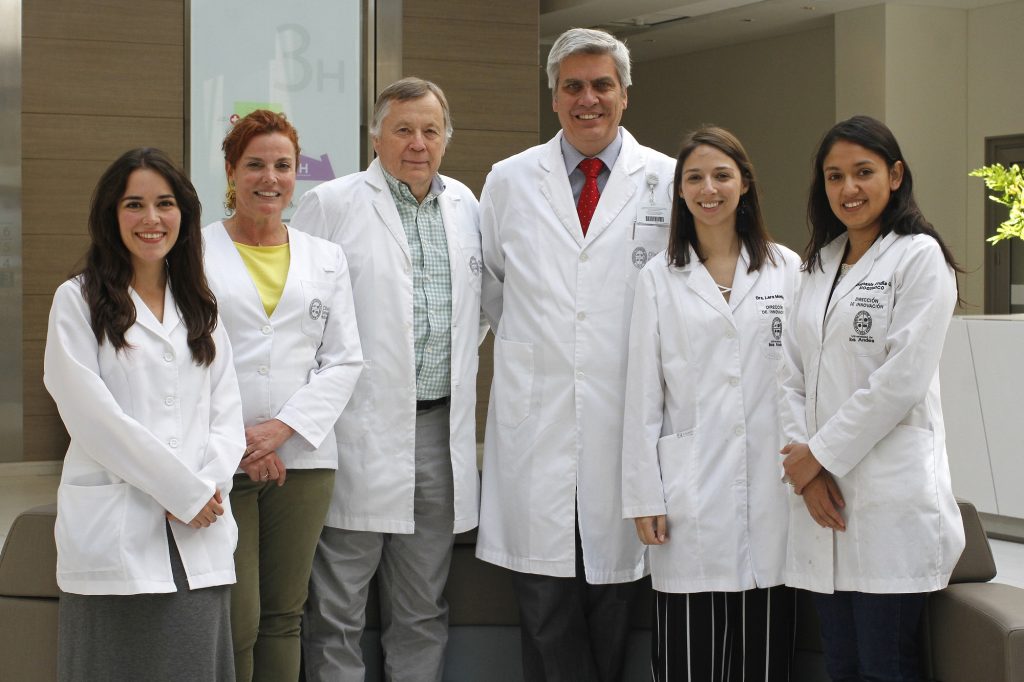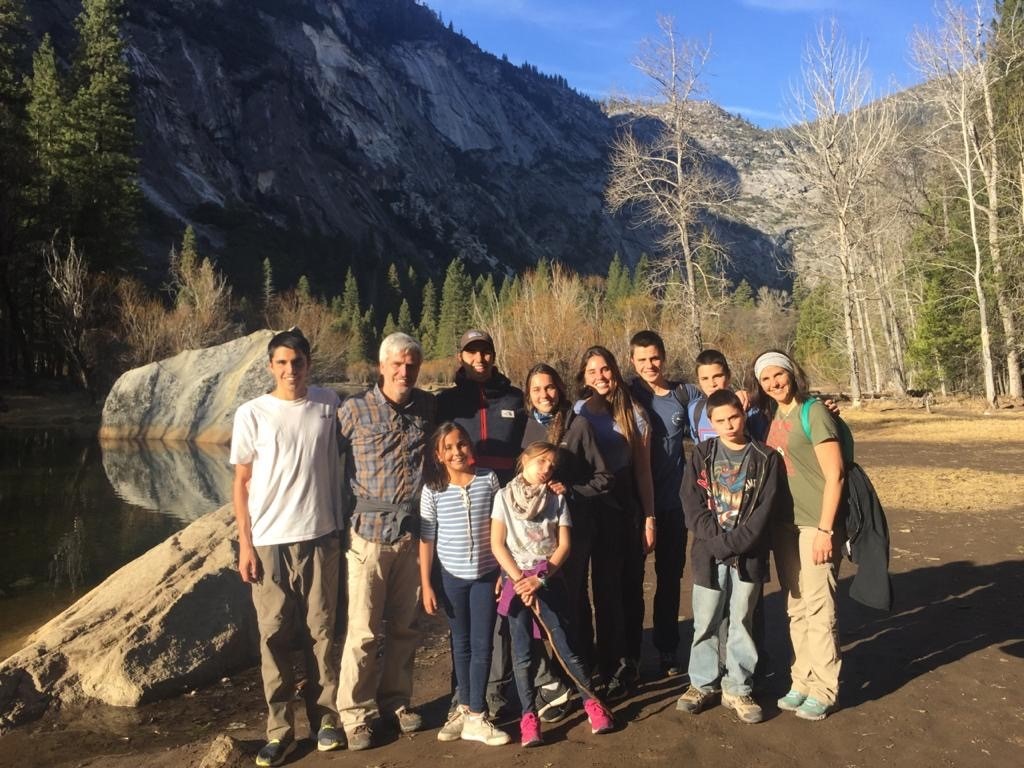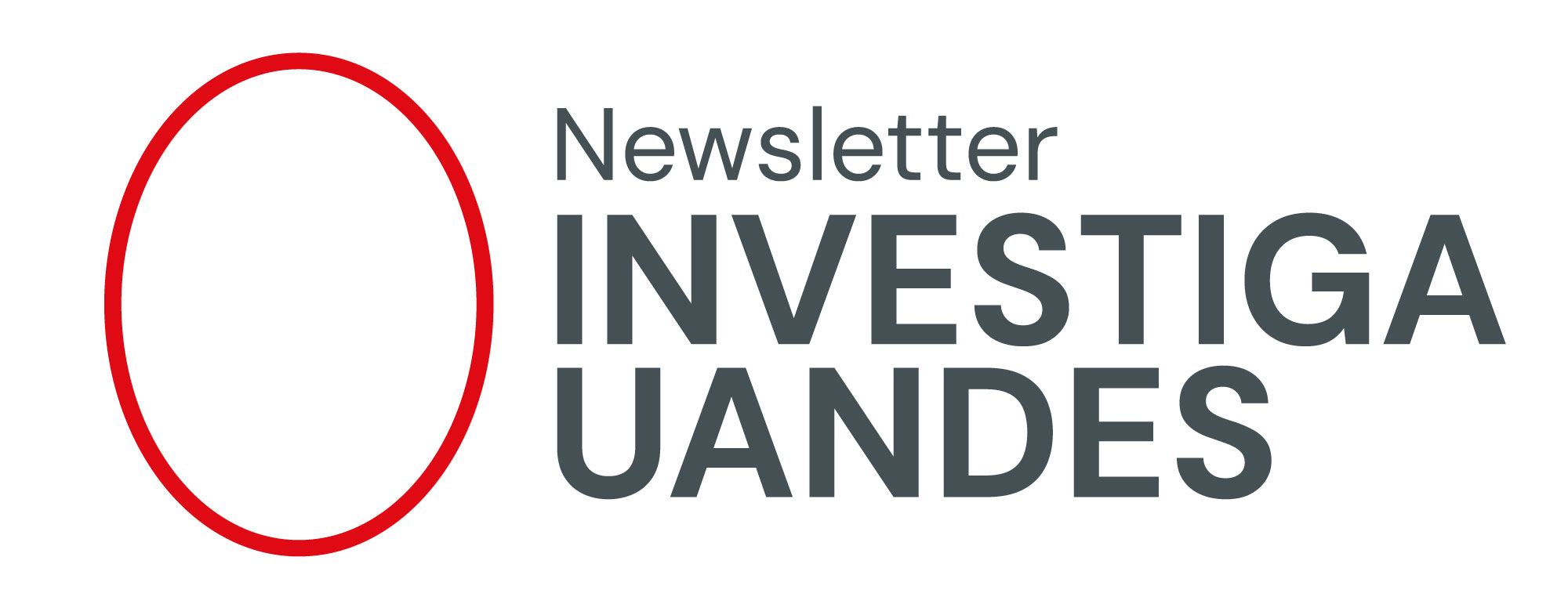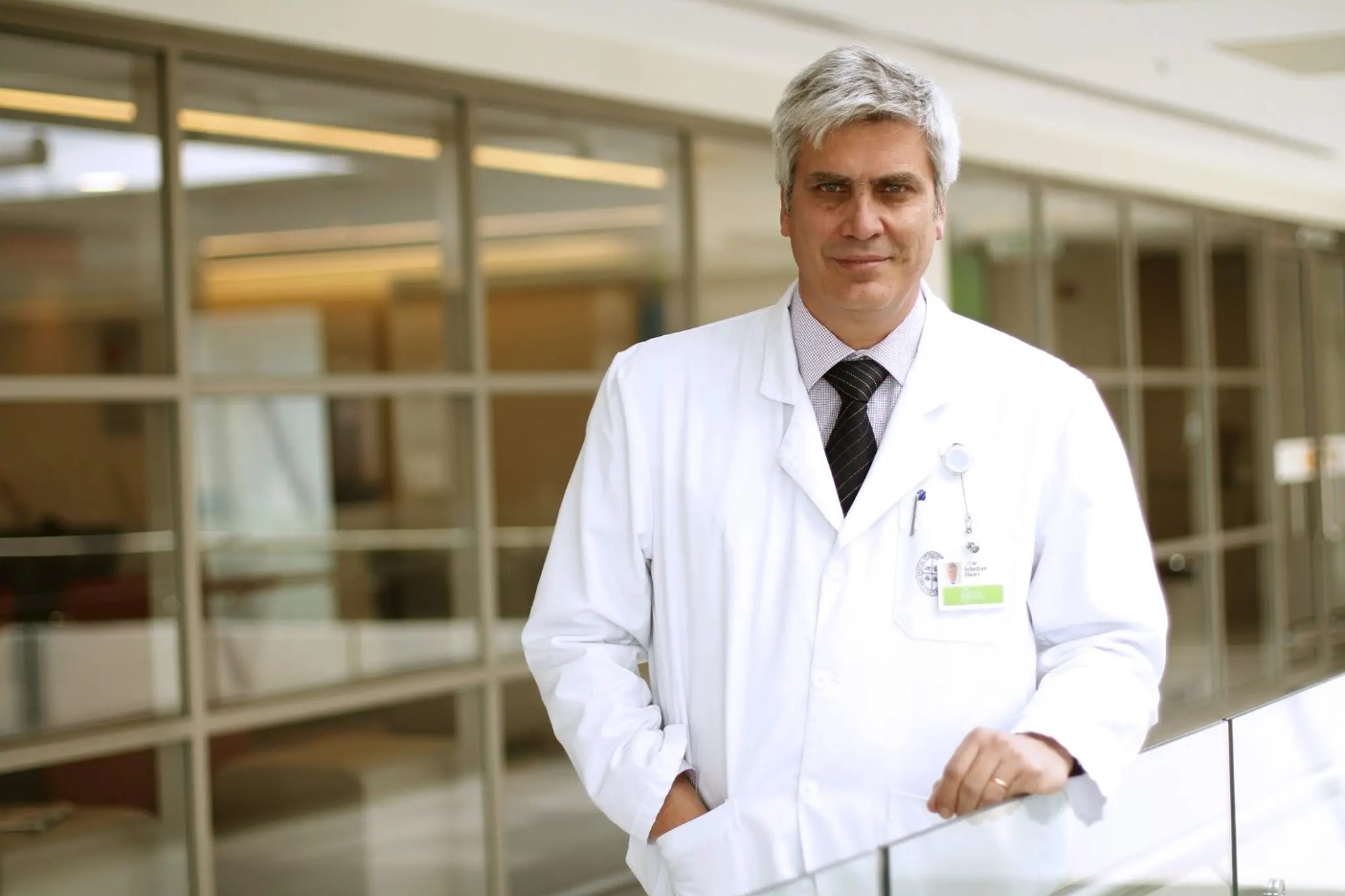Among the reasons that led Dr. Illanes to become involved in the world of research was the example of people who dedicated their lives to this work, such as his father, a fishing engineer whose area of research was marine cultures.
Dr. Sebastián Illanes joined UANDES in 2000 and since then has held various academic roles. He is an obstetrician-gynecologist specializing in fetal medicine, a researcher, and a full professor at the School of Medicine, where he teaches at the undergraduate and graduate levels.During these almost 25 years he has also deepened ties - national and international - to continue to delve into the area of research that he is passionate about: fetal medicine.
After his graduate studies in Chile and England (M.Sc. in Reproductive Biology from Universidad de Chile and subspecialty in Maternal Fetal Medicine at University of Bristol), and with the support of the main Chilean research agencies, he developed a Perinatal Medicine Unit with national and foreign collaborations. There he acquired experience in clinical trials, patient recruitment, translational research, and biotechnology and innovation. And as part of these research activities, he leads a team of physicians and scientists studying the pathophysiology and prediction of placental-related diseases.
The researcher says that he decided to dedicate himself to fetal medicine because, "I felt that it was an area in which my humanistic background could make a contribution. In a certain sense, the fetus is an absolutely dependent and vulnerable patient and, therefore, absolutely in need of help, since even its life does not depend on itself. I found this reality fascinating and that is why I decided to dedicate myself to this area of knowledge.".
His interest in research arose after finishing medical school. As he himself points out "I am a late convert. My interest in research grew gradually as I progressed through my undergraduate and graduate studies (...) The key to awakening my passion for research was the Master's degree I completed at Universidad de Chile right after finishing my residency. I was mature enough to know what I wanted and where I wanted to go. Then, my Professor Peter Soothill in England, with whom I did my subspecialty, helped me to put my passion for research into practice."
Another of the reasons that led Dr. Illanes to become involved in the world of research was the example of people who have devoted their lives to this work.He also mentioned his father, a fishing engineer whose area of research was marine cultures (mainly oysters), and the opportunities that came his way: "Having arrived at the University when everything was still to be done, helped me to dedicate myself to areas that were still in their infancy, such as clinical research. It must be emphasized that this impulse was not spontaneous, but led by those who arrived first and who had the vision and wisdom to encourage clinicians like me to dedicate ourselves to research," he clarifies.

As for Fetal Medicine in Chile,he states that there is quality research, but on a small scale.The human capital is very good, but the resources available are scarce. "Those of us who are dedicated to this area of research are only a handful of specialists. However, I have found that it allows for a lot of collaboration with other areas of knowledge, which has led me to establish national and international networks to improve what I do."
Currently, he divides his time between research in Chile and Singapore, his teaching duties, his patients in Universidad de los Andes Clinicand Dávila Clinic , and his family.He has nine children, with whom he enjoys outdoor activities such as hiking and walking. "It is not easy to juggle all the roles, but I am lucky to have an extraordinary wife. Without her, none of this would be possible, she allows things to fit together even though it seems impossible to add more activities. I am a researcher and academic, I can carry out intense clinical work and be the father of nine children thanks to the fact that she is always present," he confesses. Research requires teamwork and new generations of health professionals who are motivated to do research. In this sense, Dr. Illanes comments that this path "is worth it. It is true that sacrifices have to be made, but iwhen all is said and done, it is a fascinating path of professional and personal development."


